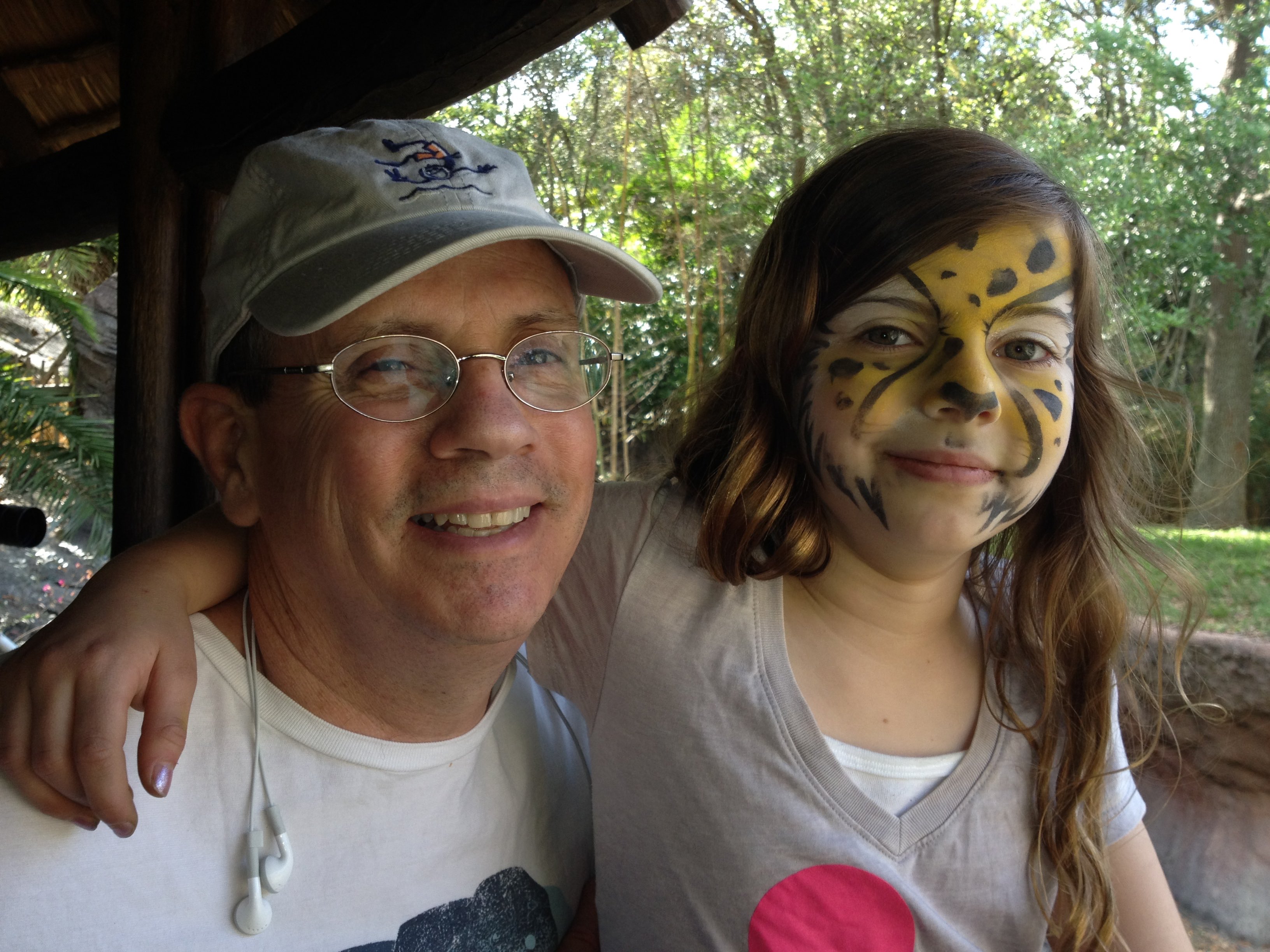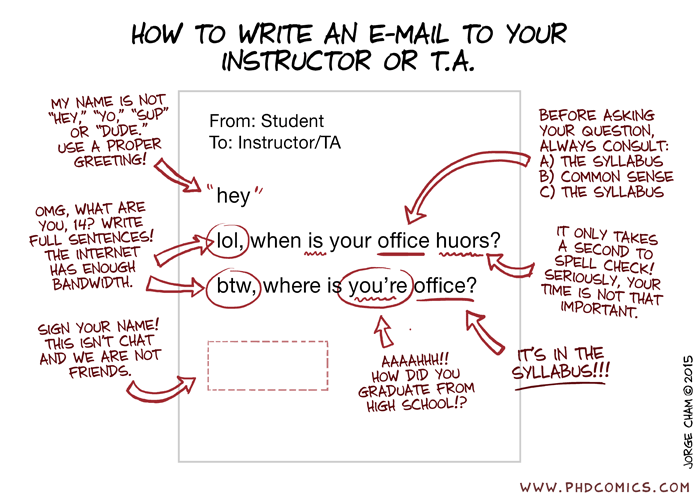
CS373: Software Engineering
- Spring 2026: 53375 (58), 53380 (58)
- 12 Jan - 27 Apr 2026
- MWF 10 am & 11 am: RLP 1.106
- https://gitlab.com/gpdowning-ut/cs373/
- https://www.cs.utexas.edu/~utpc/
Course Information
- Instructional Mode: Face-to-face
Faculty

UGCAs
Aishwarya Balaji
GitLab: https://gitlab.com/aishwaryabalaji/
Office Hours: T 10:30-12:30 pm, GDC basement
GitLab: https://gitlab.com/aishwaryabalaji/
Office Hours: T 10:30-12:30 pm, GDC basement

Christine Dominic
GitLab: https://gitlab.com/christinedominic/
Office Hours: T 12-2 pm, GDC basement
GitLab: https://gitlab.com/christinedominic/
Office Hours: T 12-2 pm, GDC basement




Welcome Message
- Sign into Canvas and confirm your registration for the course. Check your grades regularly.
- Confirm that you can access Ed Discussion on Canvas to post class questions.
- If it involves something personal, like your grade, please make a private post on Ed Discussion.
- Sign up for a GitLab account and clone the class repo to access the examples and notes.
git clone https://gitlab.com/gpdowning-ut/cs373.git
- Sign up for a HackerRank account for the first project.
- Sign up for a Zoom account. You must use your UT EID credentials. Ensure that you have the latest version of the app: 6.7.2
Catalog Description
- Introduction to current knowledge; techniques; and theories in large software system design and development.
Overview of the Class
| Week | Topic | Problem | Project | Test |
|---|---|---|---|---|
| 1 | syllabus, docker | 1 | ||
| 2 | assertions, unit tests, coverage | 2 | ||
| 3 | exceptions, iteration, recursion, reduce() | 1 | ||
| 4 | unpacking, operators | 3 | ||
| 5 | iteration, range, types, yield | 4 | ||
| 6 | comprehensions, closures, decorators | 2 | ||
| 7 | functions, regulalar expressions, context managers | 5 | ||
| 8 | relational algebra, select, project, cross join, theta join, natural join | 6 | 1 | |
| 9 | SQL, show databases, show engines, create tables, insert, select, subqueries, join | 3 | ||
| 10 | Spring Break | |||
| 11 | joins, Java | 7 | ||
| 12 | inner classes, singleton, observers, abstract methods, abstract classes | 4 | ||
| 13 | strategy, reflection, factory | 8 | ||
| 14 | factory method, abstract factory | 9 | ||
| 15 | presentations | 5 | ||
| 16 | presentations | 2 |
Lectures Online
- This class is using the Lectures Online recording system. This system records the audio and video material presented in class for you to review after class. Links for the recordings will appear in the Lectures Online tab on the Canvas page for this class. You will find this tab along the left side of the navigation in Canvas.
- To review a recording, click on the Lectures Online navigation tab and follow the instructions on the page. You can learn more about how to use the Lectures Online system at http://sites.la.utexas.edu/lecturesonline/students/how-to-access-recordings/.
- You can find additional information about Lectures Online at https://sites.la.utexas.edu/lecturesonline/.
Pre-Requisites of the Course
- Prerequisite: Computer Science 429 or 429H with a grade of at least C-.
Software
Learning Outcomes
Altitude
- appreciate the value of automatic builds
- appreciate the value of collaboration
- appreciate the value of component reuse
- appreciate the value of continuous integration
- appreciate the value of refactoring
- appreciate the value of software testing
Knowledge
- algorithms
- assertions
- class vs. instance data
- class vs. instance methods
- classes
- containers
- design patterns
- exceptions
- iterable vs. indexable
- iterators
- makefiles
- UML
- unit tests
Skill
- algorithm design that requires the weakest capabilities
- container design that provides the strongest capabilities
- continuous integration design
- decorator design
- lazy-evaluation design
- object-oriented design that minimizes setters and getters
- makefile design
- software coverage
- software documentation
- software formatting
- software refactoring
- software testing
Grading Policy
- We expect each student to abide by the University of Texas Honor Code: "As a student of The University of Texas at Austin, I shall abide by the university's core values and uphold academic integrity." We permit discussing problem solutions with other students, asking others for conceptual help with a problem, looking online for tutorials explaining how to solve a problem, or getting help from a classmate debugging code you wrote. However, all code you turn in must be your own. The penalty for copying code (either from another student or the Internet) is an F in the course.
Assignments
| Assignments | Number | Drops | Lates | Makeups | Platform | Percentage |
|---|---|---|---|---|---|---|
| Blogs must submit the first and last blog |
14 | 7 |
|
5% | ||
| Exercises | 14 | 2 | Class Absence Notification Requests | Ed Lessons | 10% | |
| Papers | 14 | 1 |
|
Perusall | 10% | |
| Problems | 9 | 1 |
|
Kattis | 10% | |
| Projects | 5 |
|
HackerRank | 35% | ||
| Quizzes | 39 | 5 | Class Absence Notification Requests | Canvas | 10% | |
| Tests | 2 | Class Absence Notification Requests | Canvas | 20% |
Late Add
- The last day to add is the sixth class day, Tue, 20 Jan.
- If you add on that day, you will have already missed one paper, one problem, and three quizzes.
- There are no makeups for that.
Grades
| Letter | Percentage |
|---|---|
| A | 94% |
| A- | 90% |
| B+ | 87% |
| B | 84% |
| B- | 80% |
| C+ | 77% |
| C | 74% |
| C- | 70 |
| D+ | 67 |
| D | 64 |
| D- | 61 |
Generative Artificial Intelligence
- AI tools (such as UT's Microsoft Copilot) and similar assistants can be valuable resources for learning and improving your code.
- However, in this course, you are expected to use AI as a helper, not as a coder.
- Do use AI to ask questions about concepts, debugging strategies, error messages, or ways to improve the clarity, style, or efficiency of your code.
- Do use AI to deepen your understanding of why your code works, or doesn’t, and to learn alternative approaches.
- Do not ask AI to generate solutions, write complete programs, or provide code that you then submit as your own.
- The goal is for you to learn to think and code independently.
- There is nothing to lose and everything to gain by asking an AI not to do your work but to critique it instead!
Overview of all Major Course Requirements and Assignments
- 7 blogs
- 14 exercises on Ed Lessons
- 14 papers on Perusall
- 9 problems on Kattis
- 5 projects on HackerRank
- 39 quizzes on Canvas
- 2 tests on Canvas
Required Course Materials
- No required materials.
Final Exam Date and Time
- No final exam.
Notice of Academic Accommodations from Disability and Access (D & A)
- The university is committed to creating an accessible and inclusive learning environment consistent with university policy and federal and state law. Please let us know if you experience any barriers to learning so I can work with you to ensure you have equal opportunity to participate fully in this course. If you are a student with a disability or think you may have a disability and need accommodations, please get in touch with Disability and Access (D & A). If you have already registered with D & A, please deliver your Accommodation Letter to me as early as possible in the semester so we can discuss your approved accommodations and needs in this course.
University Policies and Resources for Students Canvas Page
- This Canvas page is a supplement to all UT syllabi and contains University policies and resources that you can refer to as you engage with and navigate your courses and the university.


